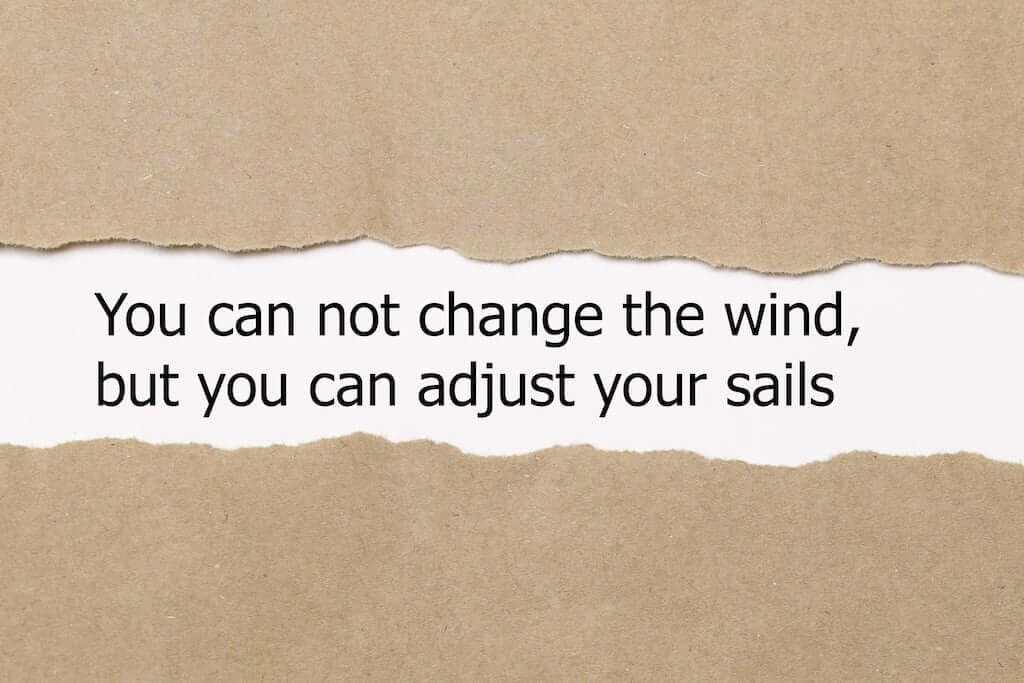Sustainable Caregiving Strategies
Strategy: Forgiveness
It is possible to spend an enormous amount of time and energy on anger and resentment. As caregivers, we often have a legitimate list of people, events, systems, and services that have failed us. The problem with resentment is that it eats away at us from the inside. When we forgive, we release guilt and resentment. We are no longer defined by the wrongs that have been committed. Our time and efforts are directed toward growth. Our present is peaceful. We can look back and know that our actions reflected our true self, our heart. Relief and contentment rather than regret will be in the reflection.

“Anger, resentment and jealousy doesn’t change the heart of others – it only changes yours.”
Shannon Alder
Who and what to forgive:
The list will be as unique as each family caregiver and his or her circumstances. We might start with ourselves and let guilt be our guide. Our care recipient may inspire us to forgive past, present, and future grievances. Siblings and close family members may have let you down. While systems may have been broken, the helpers in the systems are often the glue, the super glue. It is important not to confuse the limitations of the people with the processes. In the same way, society can be helpful and hindering at the same time. Our employer systems may have caused us grief. While the list ebbs and flows as the experience intensifies, we can acknowledge the lessons and growth that we experience from each act of forgiveness.
“True forgiveness is when you can say, ‘Thank you for that experience.’ ”
Oprah Winfrey
How to forgive:
Robert Enright, author of Forgiveness is a Choice: A Step-by-Step Process for Resolving Anger and Restoring Hope, suggests that we need to become “forgivingly fit.” To do this, we need to train our forgiving heart muscles and practice small acts of forgiveness. Opportunities present themselves organically through the day, and with mindfulness, we can recognize them and take advantage of the opportunities to be more compassionate. It may be that we refrain from saying something disparaging or that we offer kind words during a moment of frustration. Whether active or passive practice, small daily acts will help us become more skilled at demonstrating empathy and forgiveness, which are closely connected. This will help us rewire our brains to be prepared to undertake more challenging forgiveness opportunities.
Seamless Practice

Reflect:
- When have you felt injured and by whom?
- Does this event take up space in your mind?
- How would it feel to be at peace?
Journal:
- What have you done that you might forgive?
- Why do you deserve to be forgiven?
- Who else can you forgive, and what does that look like?


Apply:
- Feel the release that comes from letting go of the burden of blame.
- Look for opportunities to apply empathy and forgive yourself and others before focusing on the injury consumes a disproportionate amount of thought.
